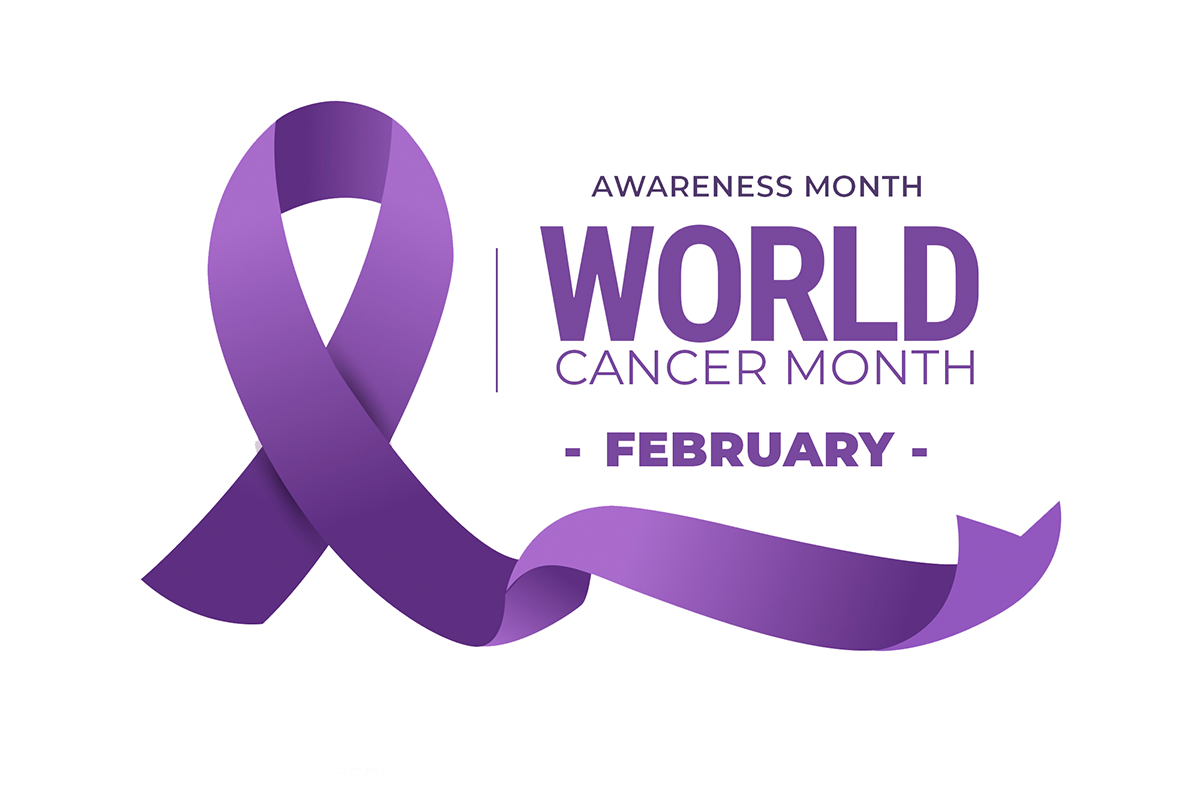
February is National Cancer Prevention Month and the Oma Nma Foundation is sharing ways to prevent cancer or find it early.
The World Health Organisation says that one-third of cancers can be prevented. Another third can be effectively cured with early detection. Here are seven major ways to lower the risk of developing some cancers.
You can lower your risk of getting many common kinds of cancer by making healthy choices. Screening tests can find some cancers early when treatment works best. Vaccines (shots) can help prevent several kinds of cancer.
Are you concerned about cancer?
Here are 6 major ways to lower the risk of developing some cancers:
Don’t Smoke or Aim to Quit
- Smoking and secondhand smoke cause 90% of lung cancer deaths in the United States.
- The use of tobacco products is linked to cancers of the larynx, mouth and throat, esophagus, urinary bladder, kidney, pancreas, cervix, colon, rectum, liver, and stomach.
Protect Your Skin from the Sun
- Skin cancer is the most common and preventable cancer in the United States.
- Be sure to use adequate sun protection year-round and never use indoor tanning beds.
Maintain a Healthy Weight
- Overweight and obesity are associated with at least 13 types of cancer, including endometrial (uterine), breast, and colorectal cancer.
- Controlling your weight through physical activity and healthy eating reduces your risk for cancer.
Limit Alcohol Intake
- Heavy drinking and binge drinking increase the risk of breast, liver, colon, rectum, mouth, pharynx, larynx, and esophagus cancer.
- Men should have no more than two alcoholic drinks per day and women no more than one.
Practice Safer Sex and Get Vaccinated Against Infectious Diseases
- Unprotected sex can spread both Human Papillomavirus (HPV) and Hepatitis B.
- If left untreated, HPV, Hepatitis B, and Hepatitis C are linked to many cervical and liver cancer cases.
Know Your Family Health History and Get Regular Cancer Screenings
- Knowing your family health history can help you and your doctor determine which screening tests are needed and when.
- Regular cancer screenings are essential to detect cancer or precancerous conditions before symptoms occur.
